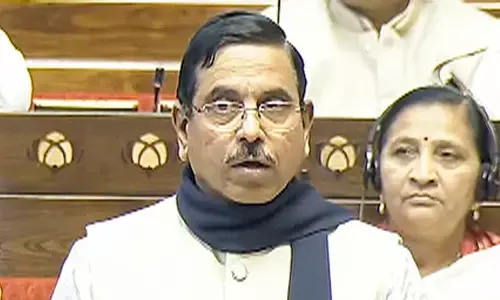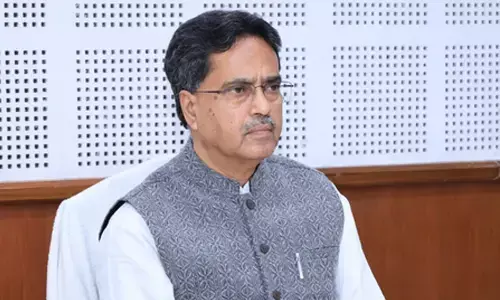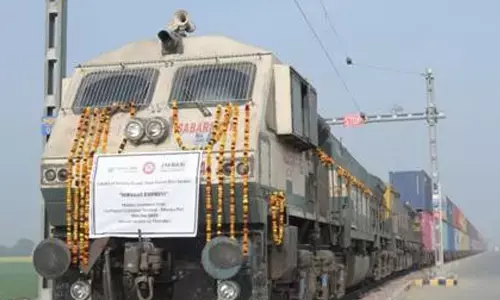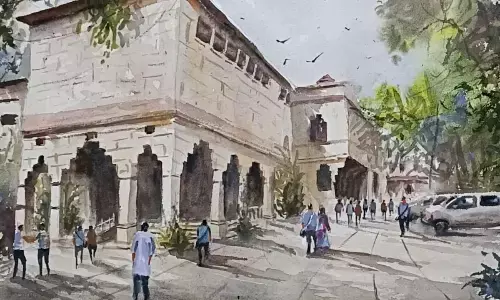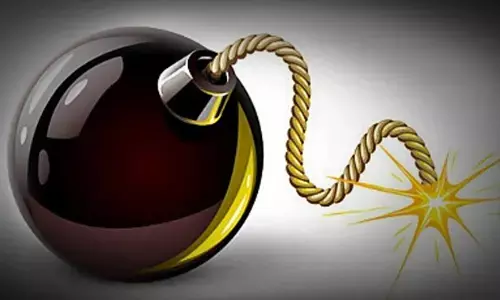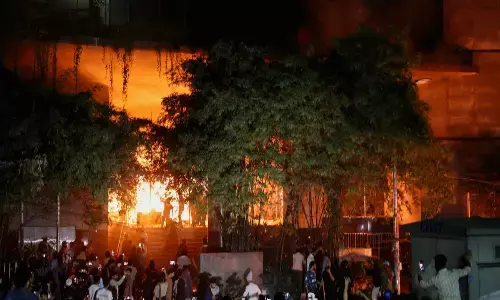Parliament must discuss Governor's role in Uttarakhand crisis
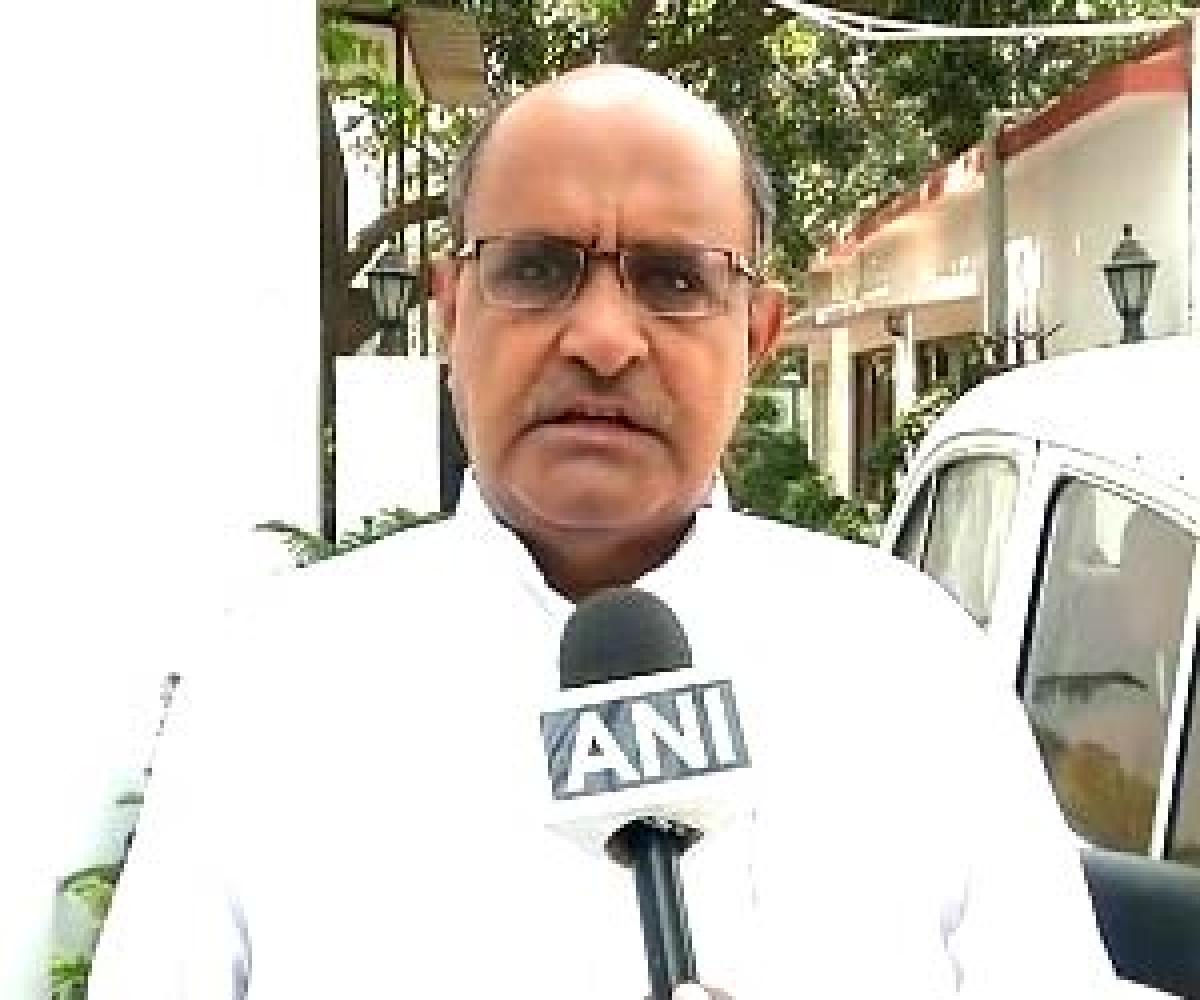
Rubbishing the government\'s claim that president\'s rule in Uttarakhand cannot be discussed during the second part of the budget session of parliament, as the issue is sub-judice, the Janata Dal (United) on Monday said the role of the state\'s Governor, K.K. Paul, should be discussed.
New Delhi : Rubbishing the government's claim that president's rule in Uttarakhand cannot be discussed during the second part of the budget session of parliament, as the issue is sub-judice, the Janata Dal (United) on Monday said the role of the state's Governor, K.K. Paul, should be discussed.
JD-U leader K.C. Tyagi said that 'Ram Janambhumi' and 'Babri Masjid' matters were also sub-judice in the courts, and therefore, there was no reason why the developments related to Uttarakhand could not be discussed.
"Ram Janambhumi and Babri Masjid issues are also sub-judice. Ishrat Jahan issue, on which the BJP is keen to hoild discussions, is also in the court. I have also given a notice for discussion on the misuse of Article 356 and Governor's role (in the Uttarakhand matter). The time has come for discussion on the role of Governor," Tyagi told ANI.
Ahead of the second part of the budget session, Union Parliamentary Affairs Minister M. Venkaiah Naidu had earlier said the government is willing to discuss every issue in parliament, but hinted that the Uttarakhand President's Rule issue may not be discussed as the matter is pending before the Supreme Court.
Lok Sabha Speaker Sumitra Mahajan yesterday held an all party meeting to ensure smooth functioning of Parliament.
Speaking to media after the meeting, Mahajan said, leaders of different parties have assured their cooperation to have a fruitful session. She said, some party leaders raised the issue of President rule in Uttrakhand but the matter is sub judice and cannot be discussed before April 27th, which is the date of hearing of the case in the Supreme Court.










